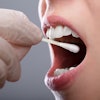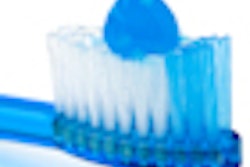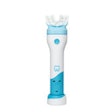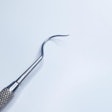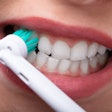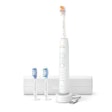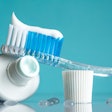Professional tooth scaling appears to reduce inflammation-causing bacterial growth that can lead to heart disease or stroke, according to a study to be presented November 15 at the American Heart Association (AHA) Scientific Sessions 2011 in Orlando, FL.
In the study, which was conducted by researchers from Veterans General Hospital in Taipei, Taiwan, and included more than 100,000 people, those who had their teeth cleaned and scaled by a dentist or dental hygienist had a 24% lower risk of heart attack and a 13% lower risk of stroke compared with those who had never had a dental cleaning, according to a press release by the AHA. The participants were followed for an average of seven years.
Scientists considered tooth scaling frequent if it was performed at least twice or more within two years; occasional tooth scaling was once or fewer times in two years.
The study included more than 51,000 adults who had received at least one tooth scaling and a similar number of people who had no scaling. None of the participants had a history of heart attack or stroke.
The study used information from the Taiwan national health insurance and didn't adjust for heart attack and stroke risk factors, including weight, smoking, and race.
In a separate study to be presented November 16, researchers from the Centre for Research and Development of the County Council of Gävleborg, Sweden, found that the value of markers for periodontal disease predict heart attack, congestive heart failure, and stroke in different ways and to different degrees. The researchers studied 7,999 participants with periodontal disease.
Among their findings:
- Fewer than 21 teeth had a 69% increased risk of heart attack compared with those with the most teeth.
- A higher number of deepened periodontal pockets had a 53% increased risk of heart attack compared with those with the fewest pockets.
- The least amount of teeth had a 2.5 increased risk of congestive heart failure compared with those with the most teeth.
- The highest incidence of gum bleeding had a 2.1 increased risk of stroke compared with those with the lowest incidence.
